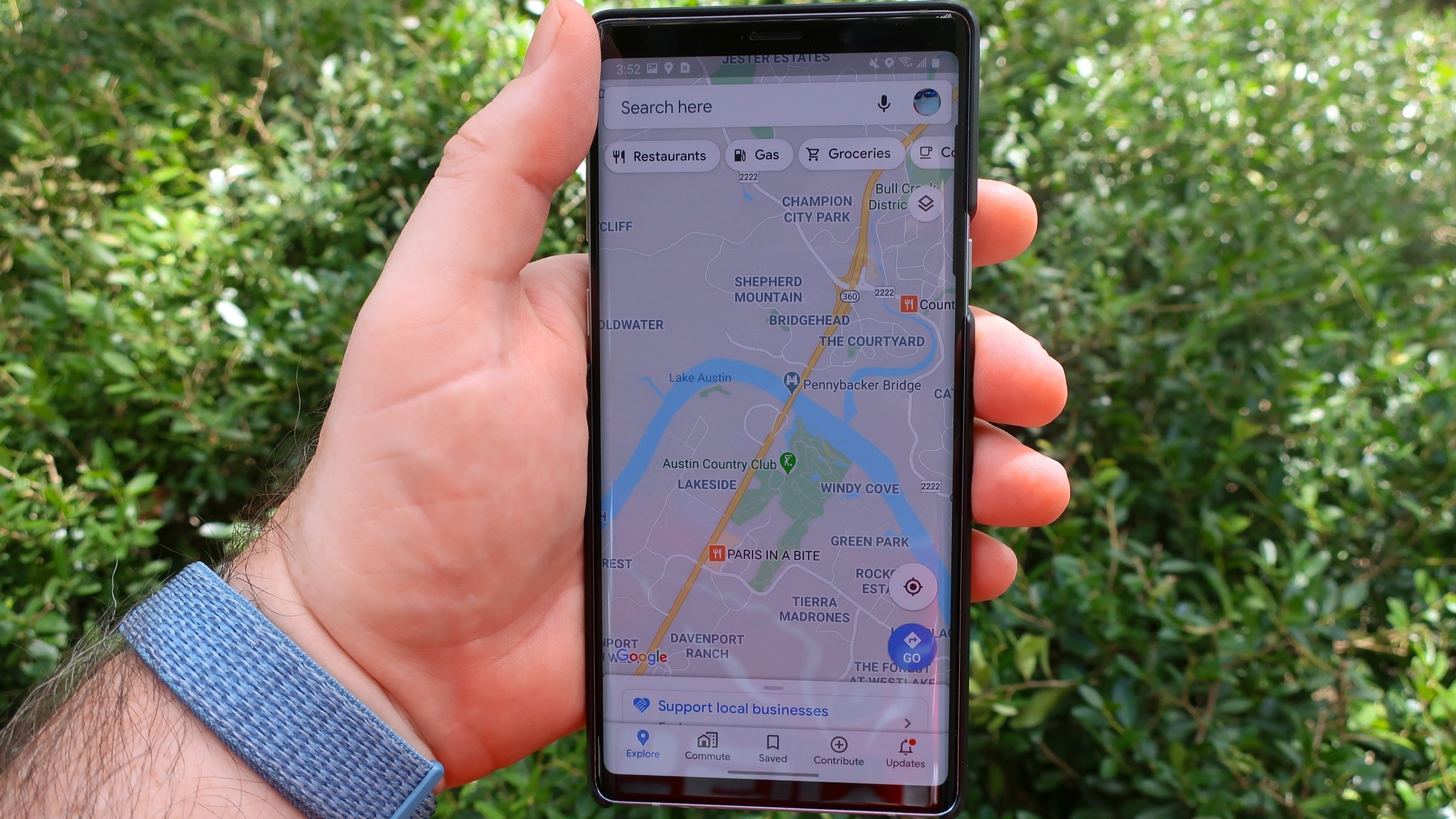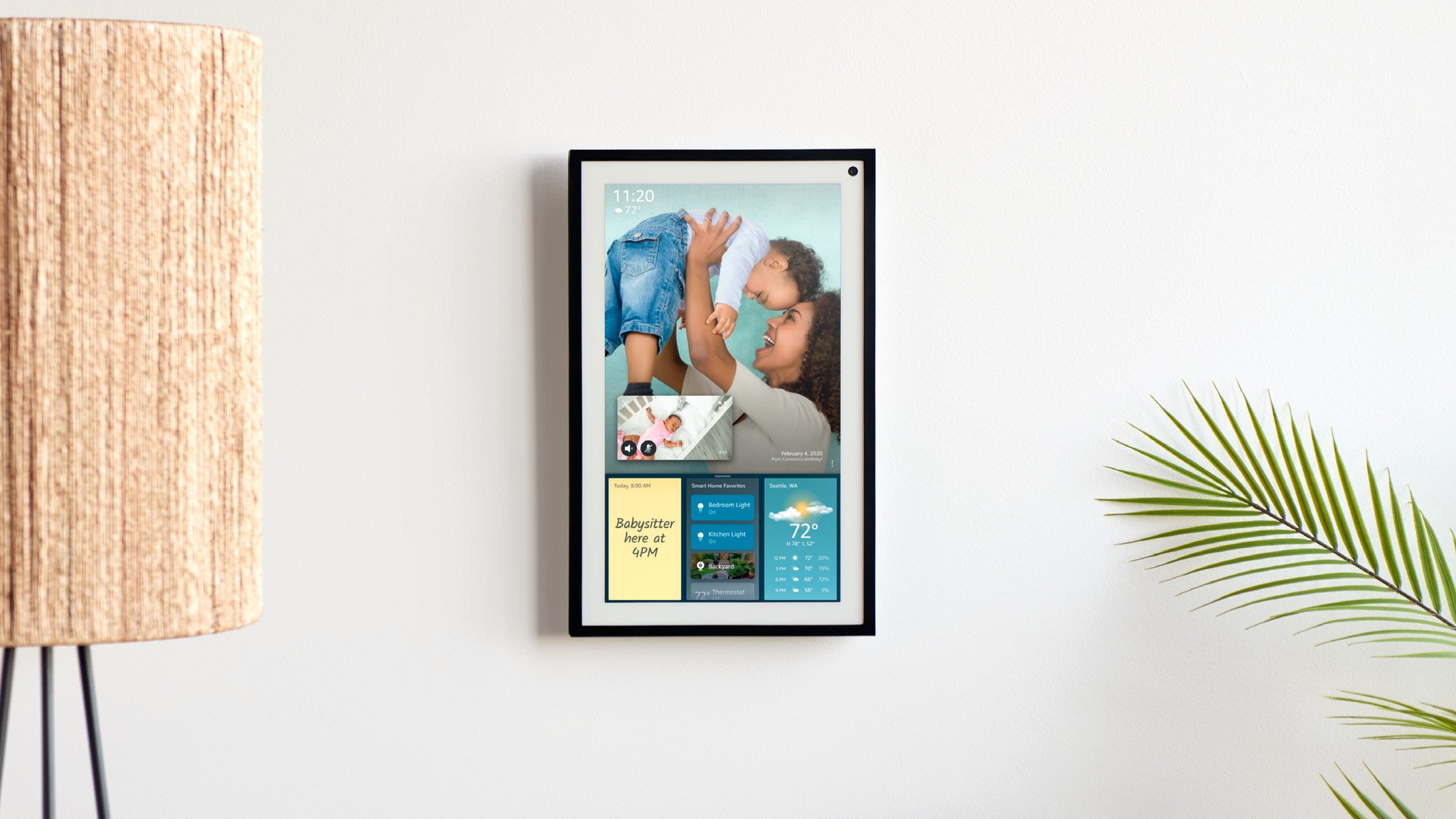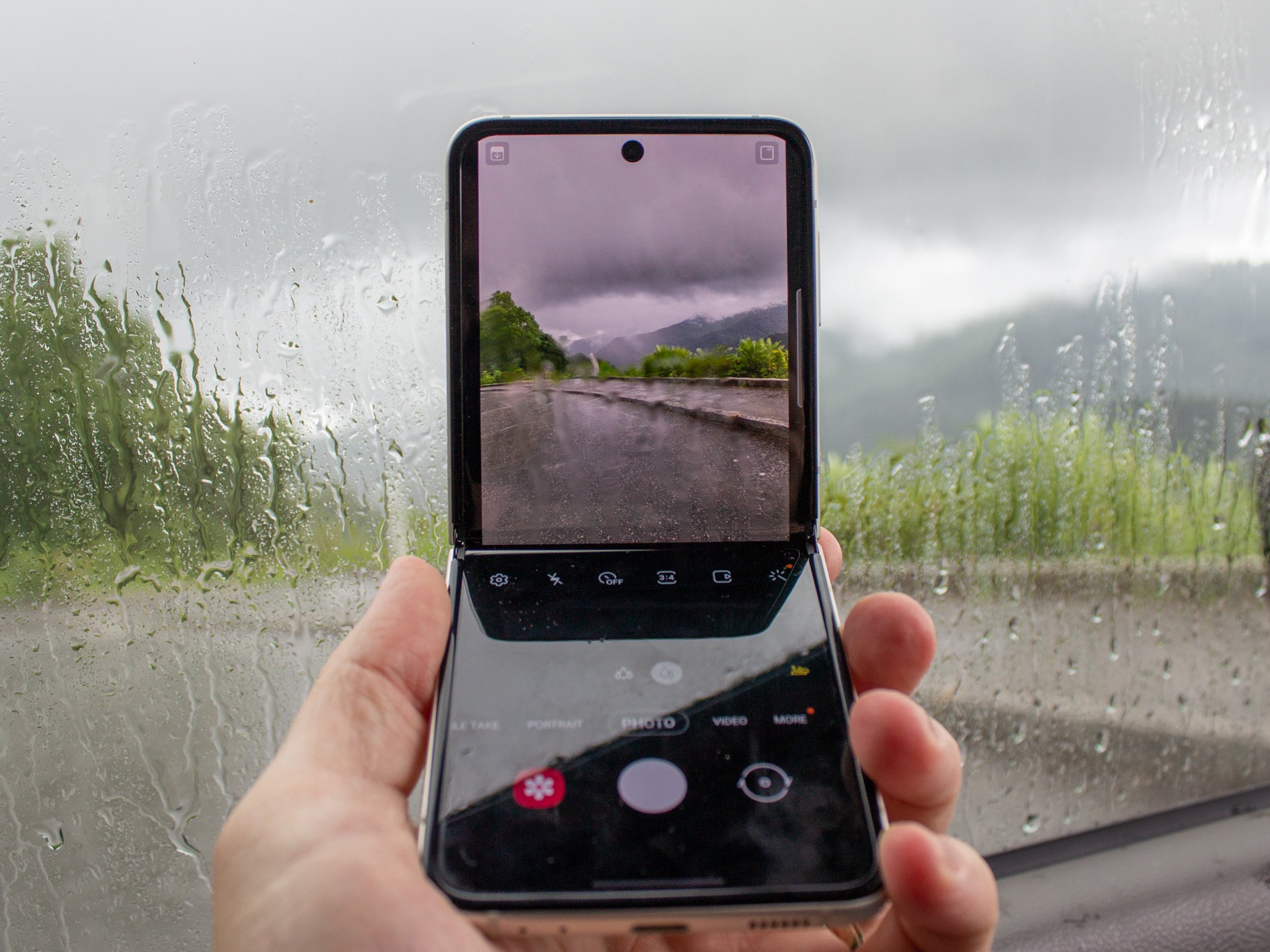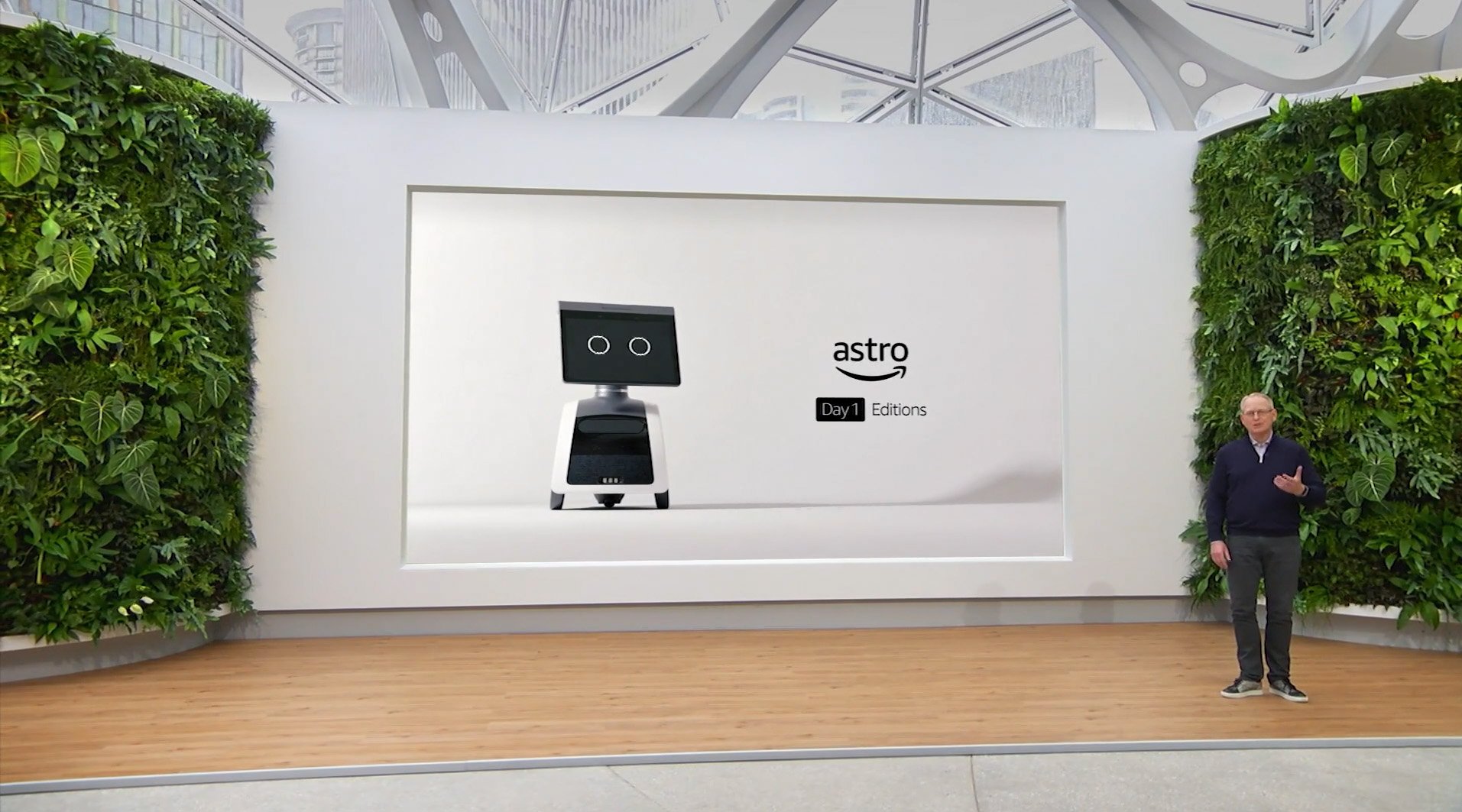Artificial Intelligence is the best and worst thing that's ever happened to our daily lives.
I'm what a lot of people used to call a futurist. Not the science fiction writer kind of futurist, but the guy who recognized early on that when technology really started booming in the late 20th century everything was going to change. I naively hoped that everything would change for the better, but we all have dreams when we're young that get crushed as time goes by.
But tech has changed the world in almost every way, and it affects every one of us every day. The next big leap in tech, which we've already seen and watched blossom, is AI. AI is neither artificial nor intelligent, no matter what the name implies. But it's here to stay — and it's going to become a more significant part of the everyday products that shape our world.
AI is a fancy word for a novel way to program a computer. Whether in your phone, watch, or a giant server room deep under a mountain, computer parts can not learn. They can be manipulated to act independently, though, and that's really what AI means: a bit of computer code that allows a machine like the best Android phone to make decisions.
Big Tech uses AI but so does every other company that depends on technology.
AI is used in so many ways that it boggles the mind. The food you eat gets from a field to your plate using AI. Even the grocery store may use AI to determine just how much of each product is on the shelves. AI is used in weapons of war, both conventional and "cyber" warfare. But it's also used on the phone in your hand right now, and the latest products from Amazon, as well as google's upcoming Pixel 6, lean on it in new (maybe exciting and great,) ways.
We all have used AI and were satisfied with the results because every modern mapping and navigation application uses it heavily. We want to get from point A to point B, and we want our navigation app to get us there while ensuring we don't get stuck in a traffic jam or lost in the middle of nowhere while low on gas. We even might want it to tell us a route where we can stop at Popeye's Chicken for lunch. It does it all because it's programmed to make decisions, and that's AI.
But we all have seen or heard about the bad side of AI, too, because of YouTube. Every time a content creator gripes about YouTube (and yes, most of the time, they have a legitimate gripe), it's because of "the algorithm" or how a video was removed when it shouldn't have been. That's because Google uses AI programming to act as the first line of moderation and powers the recommended view on your YouTube app.
To see the bad side of AI, just look to YouTube and "the algorithm."
Google almost has to do this because even it doesn't have the money to hire a million humans to watch every video when it gets uploaded to YouTube. So the failure is a human one, where cases and communication from creators to actual people take forever and often make no difference. In the end, though, a creator wouldn't have to try and talk to a YouTube rep if the AI didn't remove a video for no reason.
It's why when companies like Google and Amazon lean so heavily on AI in consumer products like Pixel phones or smart speakers, it's a little worrisome. For example, if you buy one of the new Ring security products and choose to pay for the top-tier subscription plan, Alexa can determine if a person on your camera is someone who shouldn't be there, and it will play the sound of a guard dog barking. Google can recognize all of the faces in all of your photos (you do need to approve this in the app) and lets you search for images based on the people in them. Again, AI is doing most of the work here.
It's something that we're going to see more and more of, and for it to work well, it will need to be more invasive. Against all my better judgment, I use Google smart products, like Nest Hub, in my home. I know that means I'm giving tons of extremely valuable and personal data about my home, family, and myself to Google but what I get in return makes it feel like a fair trade. I reason that Google is known to collect every atom of data from every person it can. But it also protects that data very, very well. If Google gets hacked and I'm forced to get another Visa card (thanks to Target, thanks to T-mobile, thanks to Target again, thanks to Sony) because my data was stolen, or if Google ever decides to start selling my data (again, thanks to T-Mobile) I'll stop using their stuff completely.
We trade away our personal data because we get products that we love to use in return.
Many more people trade away the very same type of data to Amazon because Alexa offers mostly the same experience Google Assistant does. It can control your lights and thermostat, of course, but it can also tell you to take an umbrella or that your train will be 15 minutes late before you leave the house.
AI-powered home assistant gadgets are dirt cheap. You can buy the smallest smart speaker from Google or Amazon for under $50, for Christ's sake. However, you need to realize why it's so cheap — you are paying for it with the data you provide. That data is what made Google the largest advertiser in the world and made Jeff Bezos the richest man in the world and in space.
On an average day, you tell Google or Amazon (forget Siri because Siri is useless) a plethora of valuable data. When you wake up, when you're at the table eating breakfast, when you leave for work, how you get to work, where you work, where you eat lunch, how many hours you worked, where you stopped on the way home if it's a Friday, etc.
You also tell these companies data about you that you don't even realize. For example, both Google and Amazon know what size shoes I wear because I bought my 11.5-inch sneakers from Amazon. They know I prefer boxer briefs and tagless T-shirts and even know that I'm in a wheelchair and buy most of my fishing tackle online because I live too far from a Bass Pro Shop. All this data feeds into the giant AI system that runs the companies main business, which helps them know more about you. It also files your preferences into a giant pool that says most people buy Hanes boxer briefs and not Jockey tighty whiteys. Or the reverse if humankind is that uncivilized.
Amazon and Google know what underwear you're wearing.
Even when that data isn't being used directly, it's still there. Both companies give you tools to "erase" the data about you that it holds, but nobody is naive enough to believe that everything gets erased. If you are, I'm sorry to tell you that you're probably wrong. Without trillions and trillions of bits of data about customers, Google can't target ads, and Amazon can't show you the things it wants to entice you into buying. I've said it before, and I'll say it again: Personal data is currency. There is a direct relationship between the amount of data a company has and how much revenue it makes each year.
I've mostly talked about Google and Amazon here, but every company that makes a "smart" product or software collects data about you. Samsung loves to grab your data. So does Microsoft. And yes, even Apple collects a ton of data about you. These companies use it differently and aren't as dependent on it to make the big bucks, but it's still there sitting on a computer in some cold and lonely server farm.
I'll never trade my dog Rex for an Alexa robot.
All this data, once fed into the next generation of AI-powered products, isn't a pleasant thought. But it's going to happen whether we like it or not. Maybe it will work out well and things, like Google knowing to open my blinds and slowly ramp up my lights at 7 a.m., will become more helpful. Maybe Amazon's new Ring products will be able to keep you, your family, and your property safer. Or maybe not.
Either way, it's still interesting to see how technology has evolved so quickly. We're literally at a point where we can have a robot dog instead of a dachshund. Hopefully, it won't poop in front of the door because you didn't take it outside fast enough.







Tidak ada komentar:
Posting Komentar